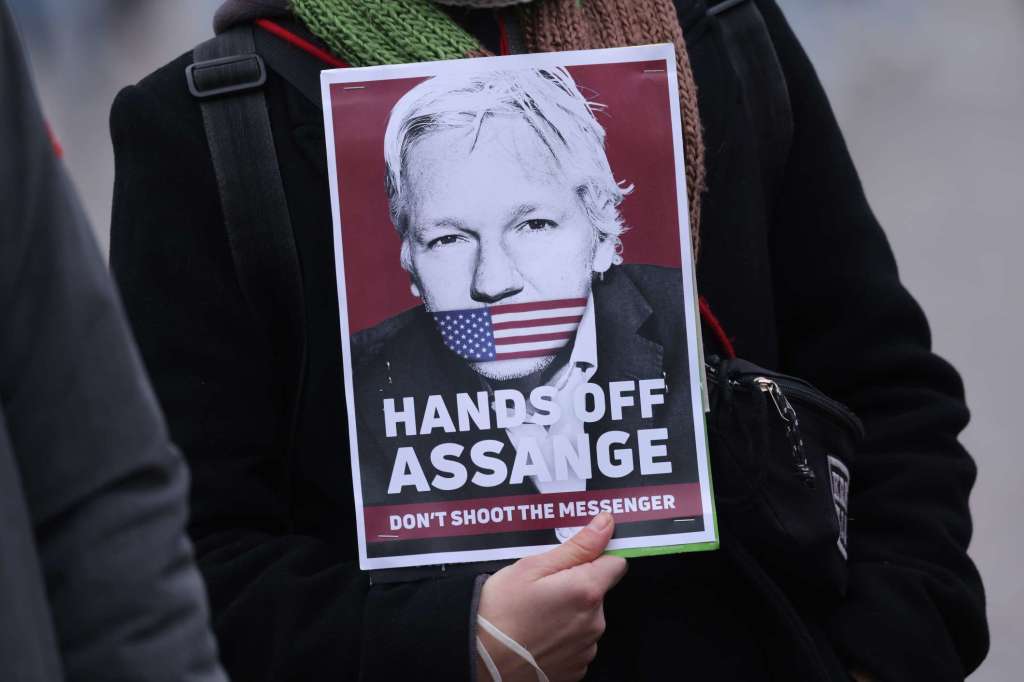Washington (CNN) — President Joe Biden told reporters at the White House Wednesday that his administration is “considering” a request from Australia to drop charges against Wikileaks founder Julian Assange.
In February, the Australian Parliament approved a motion calling for Assange to be released to his home country of Australia.
Asked Wednesday about Australia’s call to end Assange’s prosecution, Biden told reporters at the White House, “We’re considering it.” CNN has reached out to the National Security Council for additional comment on the president’s remark.
US authorities say Assange, 52, put lives at risk by publishing secret military documents and have for years been seeking his extradition on espionage charges. Assange is being pursued by the US for publishing confidential military records supplied by former Army intelligence analyst Chelsea Manning in 2010 and 2011.
In 2019, prosecutors in Virginia charged Assange with 18 offenses including one charge of conspiracy to attempt to hack a computer in connection with the 2010 release of classified military material obtained through Manning and 17 additional counts under the Espionage Act.
The prosecution alleges that Assange goaded Manning into obtaining thousands of pages of unfiltered US diplomatic cables that potentially endangered confidential sources, Iraq war-related significant activity reports and information related to Guantanamo Bay detainees.
Each of those counts carries a potential sentence of 10 years, meaning that if convicted, Assange could be sentenced to up to 175 years in prison.
Assange has fought extradition for the last five years from London’s Belmarsh prison, and for seven years before that was holed up as a political refugee at the Ecuadorian embassy in the UK capital. His case has sparked condemnation from free speech advocates who say if his extradition is allowed it will have a chilling effect on press freedoms.
Last month, he fought off a threat of immediate extradition in a hearing in London, where he is being held.
Assange sought permission to appeal the UK’s 2022 approval of his extradition, arguing the case against him was politically motivated and that he would not face a fair trial. A panel of two judges said Assange, an Australian citizen, would not be extradited immediately and gave the US three weeks to give a series of assurances around Assange’s First Amendment rights, and that he would not receive the death penalty.
If the US fails to give these, Assange would be allowed to appeal his extradition at a hearing in May. The ruling potentially offers Assange an extraordinary lifeline in a years-long saga that saw him shoot to global prominence for revealing what he described previously to CNN as “compelling evidence of war crimes” committed by US-led coalition and Iraqi government forces.
The-CNN-Wire™ & © 2024 Cable News Network, Inc., a Time Warner Company. All rights reserved.

